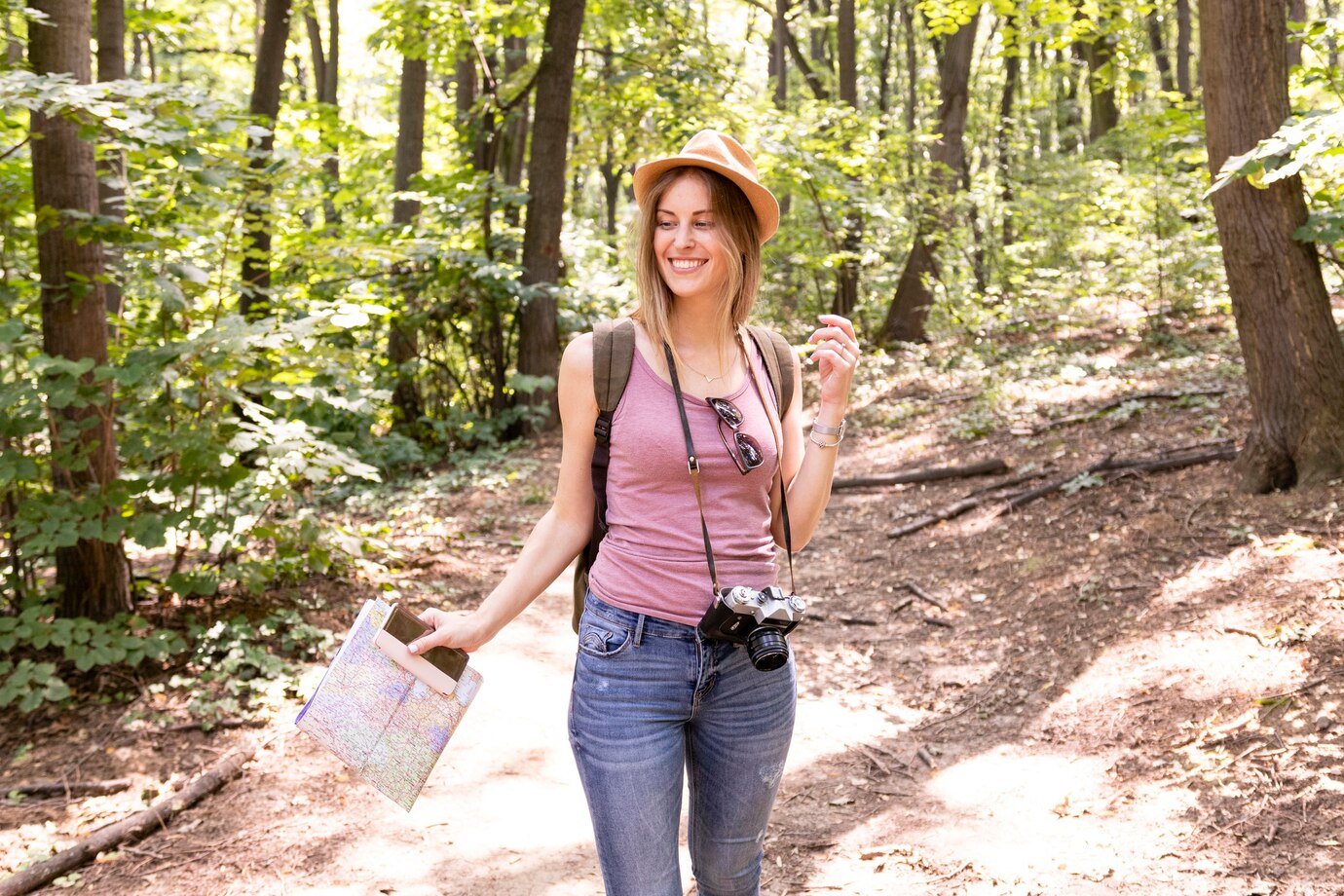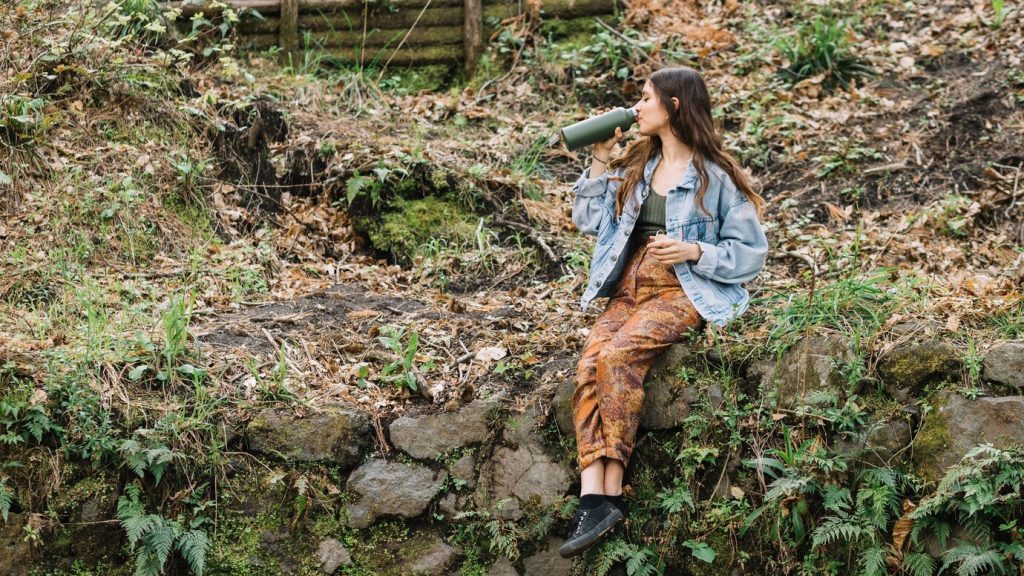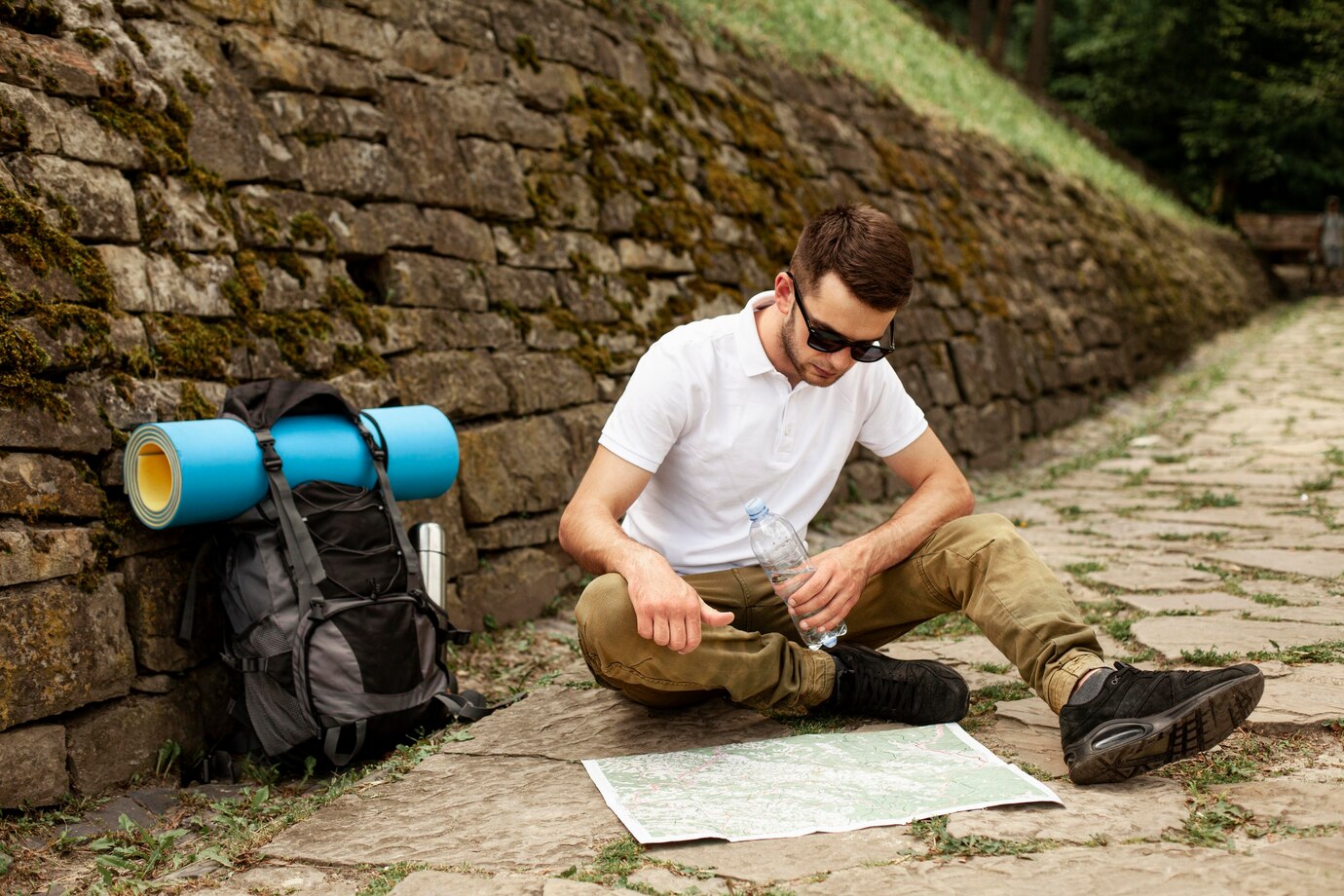
The Best Hiking Trails for Beginners: A Journey into Nature’s Beauty

Hiking is one of the most rewarding outdoor activities, and for beginners, it’s essential to start with trails that match your fitness level and skill. Whether you want a peaceful walk in nature or a chance to connect with the great outdoors, choosing the right trail is crucial for a positive hiking experience. Here are some of the best beginner-friendly hiking trails to kickstart your adventure.
1. Exploring Easy Trails: The Perfect Start
When you’re new to hiking, it’s important to choose trails that are relatively short, with gentle elevation changes. These beginner-friendly trails allow you to acclimate to hiking without overwhelming yourself. Easy trails provide stunning views, fresh air, and the opportunity to experience nature up close.
Best Beginner Trails:
Mount Tammany, New Jersey: This short, moderately steep trail offers a breathtaking view of the Delaware Water Gap.
Lake Agnes Trail, Canada: A scenic, moderate 4.5-mile hike leading to the stunning Lake Agnes, perfect for those just starting to explore the mountains.
Why It’s Important:
Starting with easy trails helps you build confidence and enjoy hiking without the pressure of difficult terrain.
These trails provide the perfect introduction to hiking and can be a great way to spend time with friends or family.
Image Suggestion: A scenic view of a wide, easy hiking trail surrounded by lush greenery, with mountains in the background.
2. Stay Close to Home: Local Trails to Discover
Many areas are blessed with local trails that are perfect for beginners. These trails can be found in local parks, nature reserves, or even suburban areas. They provide a great opportunity to get outside and enjoy nature without venturing too far from home.
Recommended Local Trails:
Yosemite National Park, California: A variety of beginner trails with easy access to waterfalls, meadows, and panoramic views.
Hocking Hills, Ohio: Known for its rock formations and tranquil forests, this park offers a number of beginner-friendly trails that are relatively short but offer stunning views.
Why It’s Important:
Hiking local trails reduces the need for long drives, making it easier to fit hiking into your routine.
You can practice your skills and enjoy the outdoors regularly, which can lead to more confidence when tackling longer or more difficult hikes.
3. Essential Gear for Your First Hike
Even as a beginner, it’s important to be prepared with the right gear. While you don’t need to invest in expensive equipment for a short hike, having the essentials will make your experience more enjoyable and safer.
Must-Have Gear for Beginners:
Comfortable Shoes: Well-fitting, sturdy hiking shoes or boots to prevent blisters and provide proper support.
Backpack: A small, lightweight backpack to carry essentials like water, snacks, and a first aid kit.
Weather Protection: Be sure to pack a hat, sunscreen, and rain gear to protect yourself from the elements.
Why It’s Important:
Proper gear ensures your comfort and safety on the trail, allowing you to focus on the experience rather than distractions like discomfort or weather conditions.
Starting with basic gear ensures you’re prepared for whatever the trail has to offer.
4. Understand Your Trail and Map Your Route
Before heading out, always take the time to research your trail. Most beginner-friendly trails are well-marked, but it’s essential to have a map or use a trail app to help you navigate. Knowing the trail’s distance, difficulty level, and landmarks will allow you to set realistic expectations.
Why It’s Important:
Familiarizing yourself with the trail reduces anxiety and helps you stay on track during your hike.
You’ll know where to expect rest areas, water sources, and potential hazards.
Tip: Always share your hiking plans with a friend or family member before heading out. This ensures someone knows your itinerary in case of an emergency.
5. Enjoy the Journey: Take It Slow
One of the best parts of hiking is the ability to disconnect from daily stress and enjoy the natural world. Take your time, and remember that hiking is about the journey, not just the destination. Stop to enjoy the views, take pictures, and savor the sounds of nature.
Why It’s Important:
Slowing down allows you to appreciate the beauty around you and reduces the risk of injury.
Hiking at your own pace ensures you’re not overexerting yourself, especially when starting out.
Tip: If you’re hiking with others, make sure to pace yourself to match your group’s abilities. Enjoying the journey together is just as important as the destination.

Conclusion: Your First Hike Awaits
Hiking is an incredible way to connect with nature and challenge yourself physically and mentally. By starting with easy trails, preparing the right gear, and taking it slow, you can enjoy all the beauty hiking has to offer without feeling overwhelmed. So grab your backpack, lace up your hiking boots, and embark on your first adventure in the great outdoors. Your journey is just beginning!

